Section: Arts And Culture
There are more than 200 results, only the first 200 are displayed here.
-
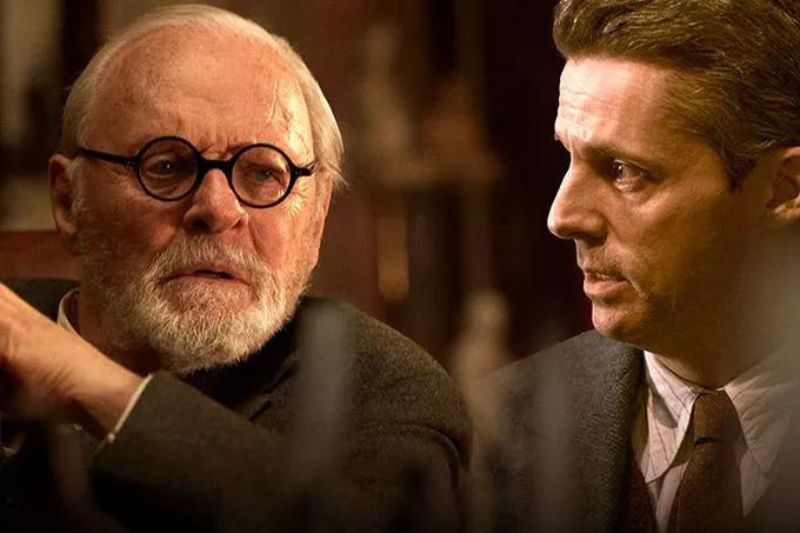
ARTS AND CULTURE
- Neil Jeyasingam
- 18 April 2024
3 Comments
Freud’s Last Session pits the famous psychoanalyst Sigmund Freud against Christian apologist and author C.S. Lewis, a powerful concept, given the sheer cultural heft of the two historical figures.
READ MORE
-

ARTS AND CULTURE
- Michele Frankeni
- 15 April 2024
What is so desirable about erasing our experiences from our faces? After all, they’re not called character lines for nothing. Shaw may have said youth is wasted on the young, but really youth is wasted on the aged.
READ MORE 
-

ARTS AND CULTURE
- Nathan Scolaro
- 11 April 2024
3 Comments
Can a chatbot write a poem? The answer reveals something about the heart of human interaction. True connection, like true poetry, requires discomfort, vulnerability and a richness of experience that defies the simplicity of algorithms.
READ MORE
-
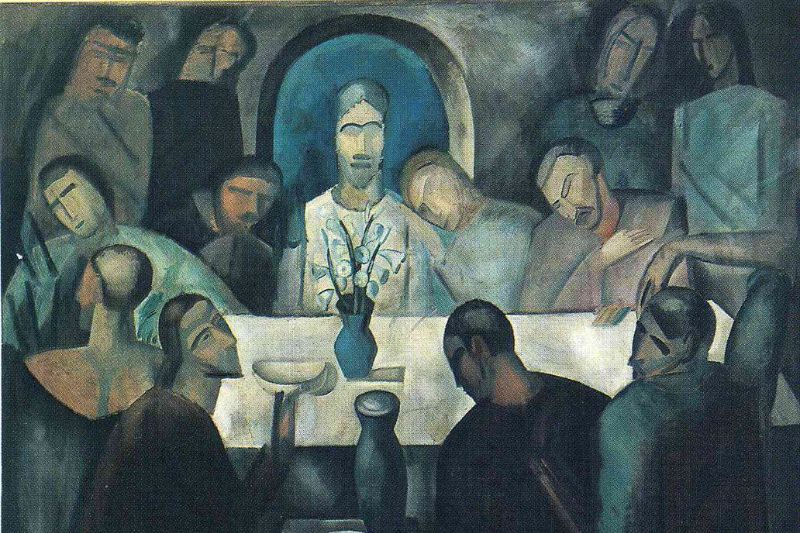
ARTS AND CULTURE
- Damian Balassone
- 09 April 2024
4 Comments
The rhetoric of elites / sets off his built-in shit detector. He much prefers to eat / with hookers, drunks and tax collectors.
READ MORE
-
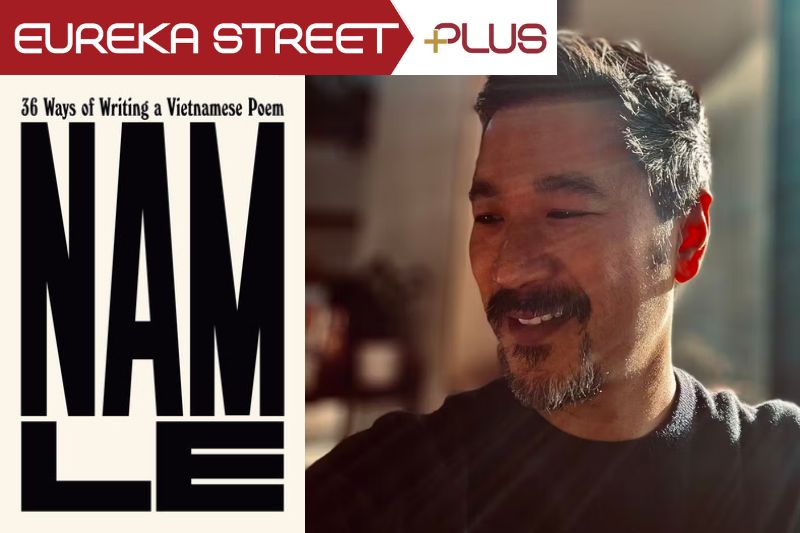
ARTS AND CULTURE
- Peter Craven
- 05 April 2024
1 Comment
Nam Le is one of the strangest writers in the history of Australian literature and is also one of the most incandescently brilliant — which is very weird if you bear in mind that his primary claim to legendary status is a book of short fiction published in 2008. With 36 Ways of Writing a Vietnamese Poem, Le returns with a new work that encapsulates the brilliance and complexity that fans and critics have come to expect.
READ MORE 
-
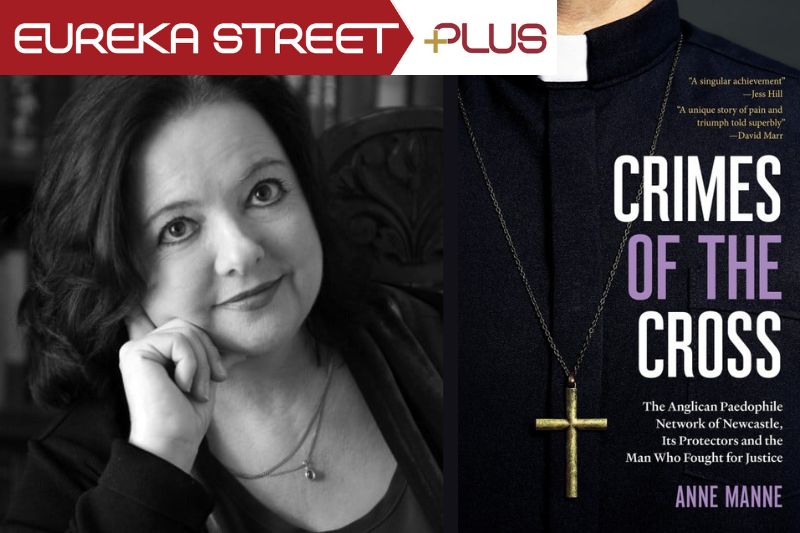
ARTS AND CULTURE
Recent years have made clerical child sexual abuse a badge of shame within Australia’s Catholic hierarchy, and rightly so. But Anne Manne’s new book, Sins of the fathers, will give pause to those who blame these offences on the rule of hieratic celibacy.
READ MORE 
-

ARTS AND CULTURE
Dante and Hopkins named it lavishly: Christ’s vita nuova, shared to Easter in us; Ignatius of Loyola called it: magnanimity . . . How could we then, receiving, hoard or dispense it stintingly, like Scrooge before his Christmas haunting?
READ MORE
-

ARTS AND CULTURE
- Daniel Simons
- 22 March 2024
Featuring a stellar cast of Hollywood’s finest actors, Apple TV's Extrapolations was a bold attempt to center a TV narrative around the dangers of our future on a warming planet, yet failed to capture audiences. But where Extrapolations failed as an effective cautionary tale for society, it may have succeeded as one for filmmakers.
READ MORE 
-
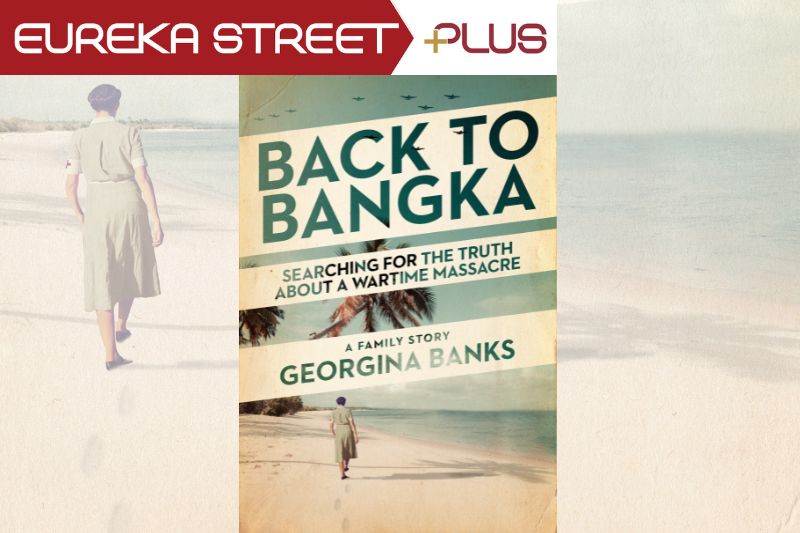
ARTS AND CULTURE
- Juliette Hughes
- 15 March 2024
3 Comments
Two books about a 1942 massacre of Australian nurses were released last year. One is reliable, the other is notable for factual omissions. If we leave something out, are we then guilty of censorship? Alternatively, if our truth-telling offends someone else, what is our justification for so doing?
READ MORE 
-

ARTS AND CULTURE
- Warwick McFadyen
- 13 March 2024
You open the atlas and run your fingers along the edges of continents, climb mountains, trace valleys, pause at coastlines of sand and wave. This is where you have been and this, fingers arched, is where you want to go. Death is too faint to be seen. Though you know it’s there, the undiscovered country.
READ MORE
-
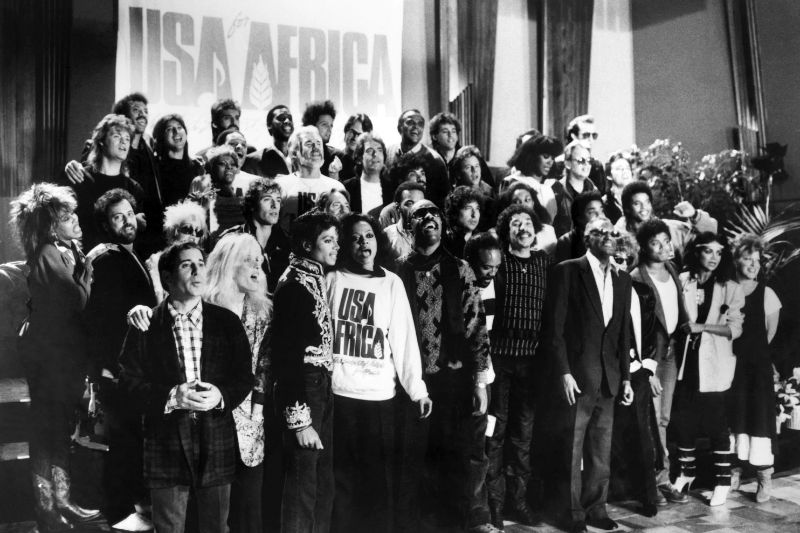
ARTS AND CULTURE
- Barry Divola
- 06 March 2024
A documentary about the making of 1985’s We Are The World holds many surprises, while raising questions about charity singles. These stars were rich and privileged and largely out of touch with how most of the public lived. But at least they were using their fame for something good, and wasn’t that something to be encouraged?
READ MORE
-

ARTS AND CULTURE
- Eddie Hampson
- 28 February 2024
Sofia Coppola's latest biopic Priscilla focuses on the King of Rock’n’Roll’s queen, turning the mythic pairing on its head. Since Elvis' death, Priscilla Presley has made numerous revelations about life inside Graceland, effectively demanding a public reappraisal of her relationship with Presley.
READ MORE